
The damage climate change will inflict on the world’s economy is likely to have been massively underestimated.

Global sea level rose faster than expected in 2024, mostly because of ocean water expanding as it warms, or thermal expansion.

Part of the system that pumps water, heat and nutrients around the globe is at risk. Climate change could slow the Antarctic Circumpolar Current down 20% by 2050.
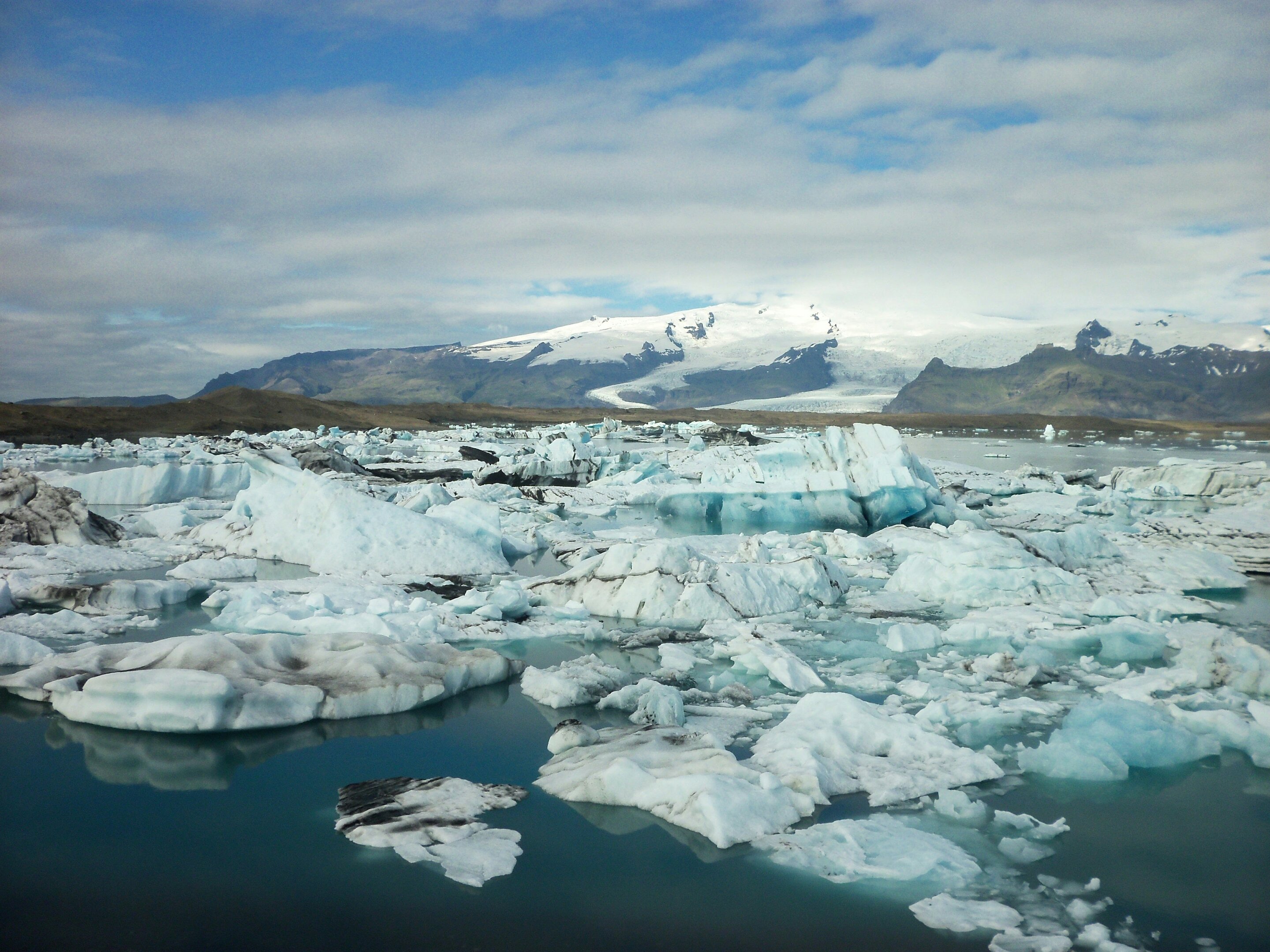
This melting has implications for global climate indicators, including sea level rise, ocean warming and viability of marine ecosystems.

Cumulative heat stress changes our epigenetics – how our cells turn on or off gene switches in response to environmental pressure. Longer periods of extreme heat accelerated ageing in older people by more than two years.

Ice loss from the world's glaciers has accelerated over the past decade, scientists said on Wednesday, warning that melting may be faster than previously expected in the coming years and drive sea levels higher.
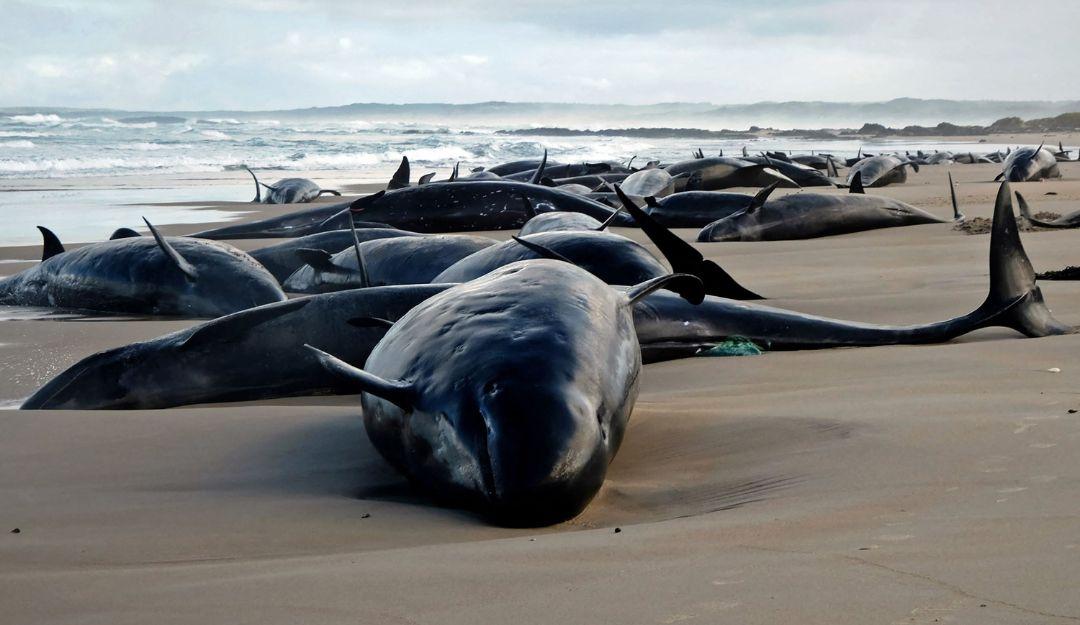
A pod of 157 dolphins has become stranded on a remote beach in Tasmania, with dozens already dead and efforts underway to save the survivors.
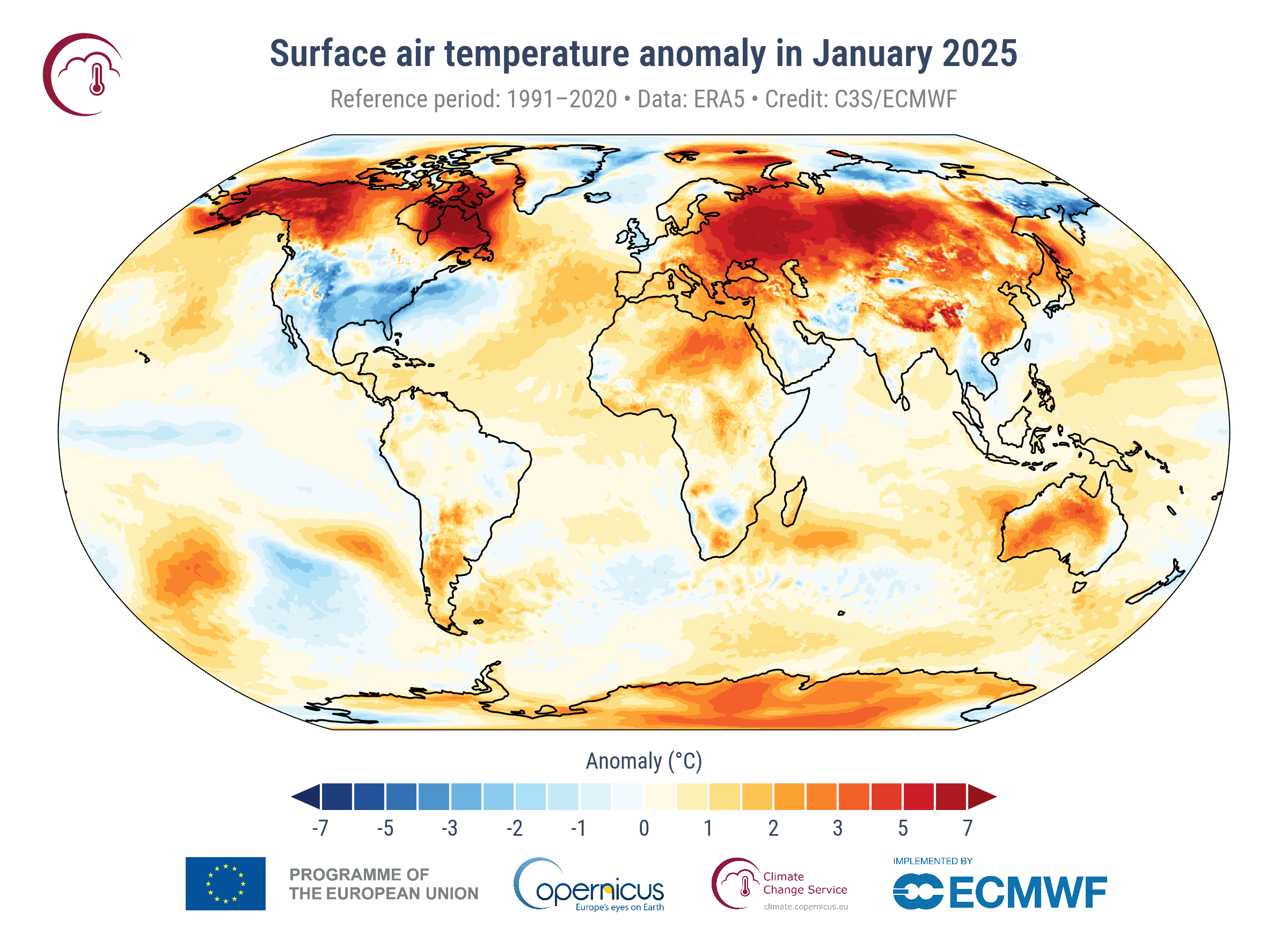
January 2025 was 1.75°C above the pre-industrial level and was the 18th month in the last nineteen months for which the global-average surface air temperature was more than 1.5°C above the pre-industrial level.

Acclaimed climate scientist Professor James Hansen and colleagues recently wrote that global temperature will not fall much below +1.5°C level, instead they will be oscillating near or above that level for the next few years.
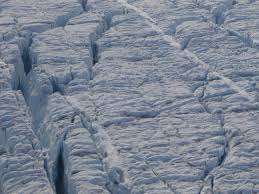
In just five years, 930 million cubic meters of crevasses opened up in the Greenland ice sheet, equivalent to adding a crack the size of the Great Pyramid of Giza to the world's second largest ice sheet every few days.
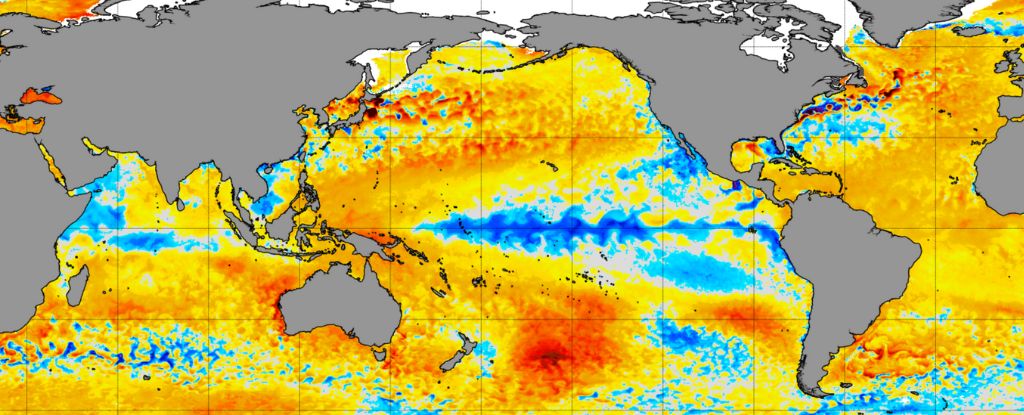
The team warns that if this trend continues, in only the next 20 years, we will exceed the sea surface temperature rise we've experienced in the last 40 years.
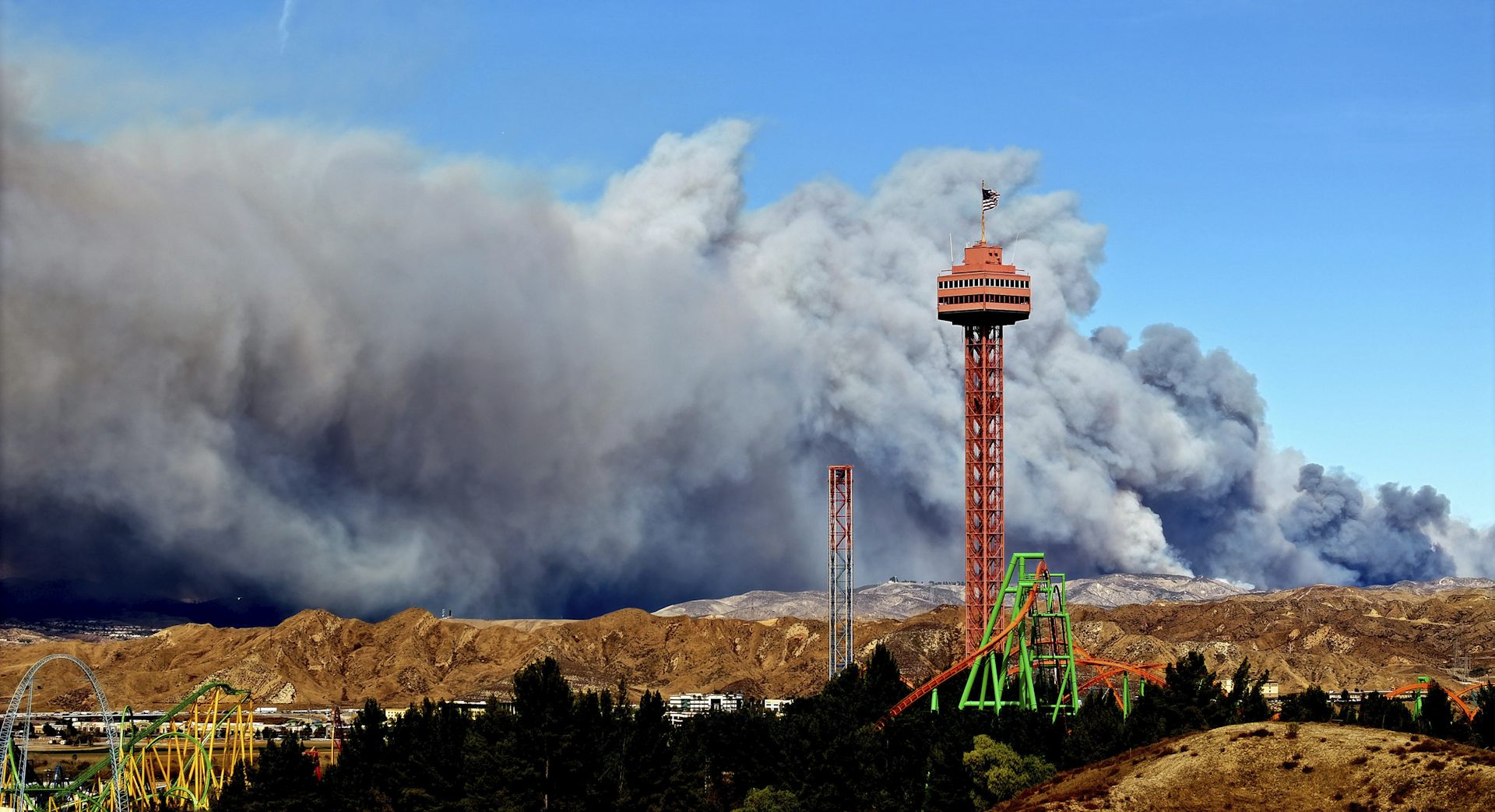
In recent years, the proliferation of conspiracy theories amid escalating climate disasters and their aftermath has become an alarming trend.
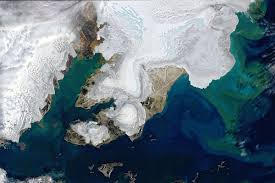
High summer temperatures caused record melting of the Norwegian archipelago’s glaciers.
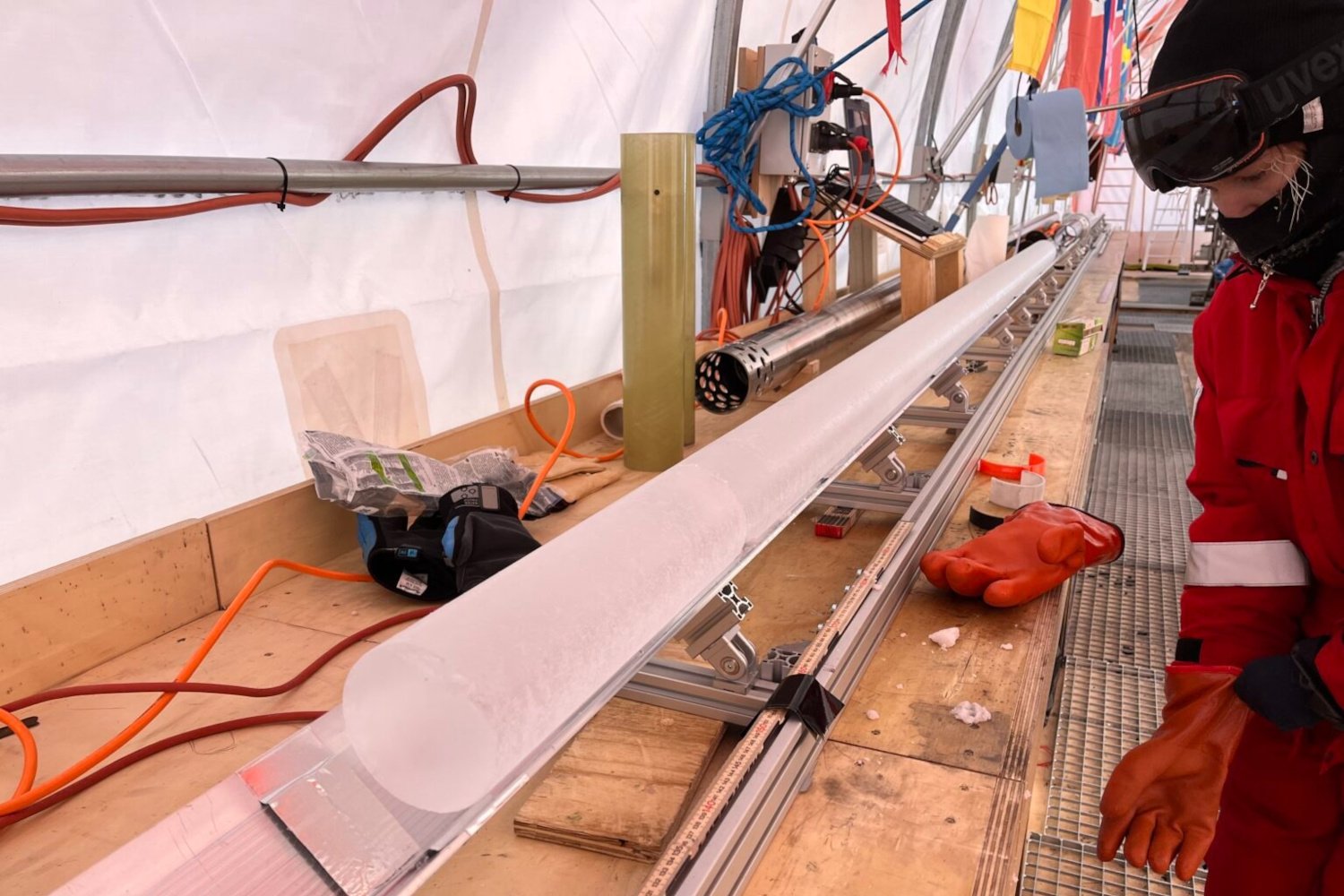
An international team of scientists has extracted a 2.8 kilometers long ice core in Antarctica, hitting the frozen continent’s bedrock. The core represents a chronological register of Earth’s climate and atmosphere

A new review of over 200 papers finds 'hydroclimate whiplash' has increased considerably, most likely due to the atmosphere's rising capacity for absorbing and retaining moisture.